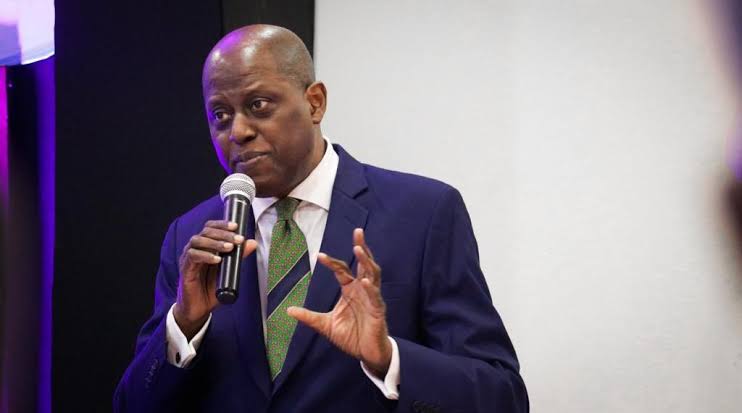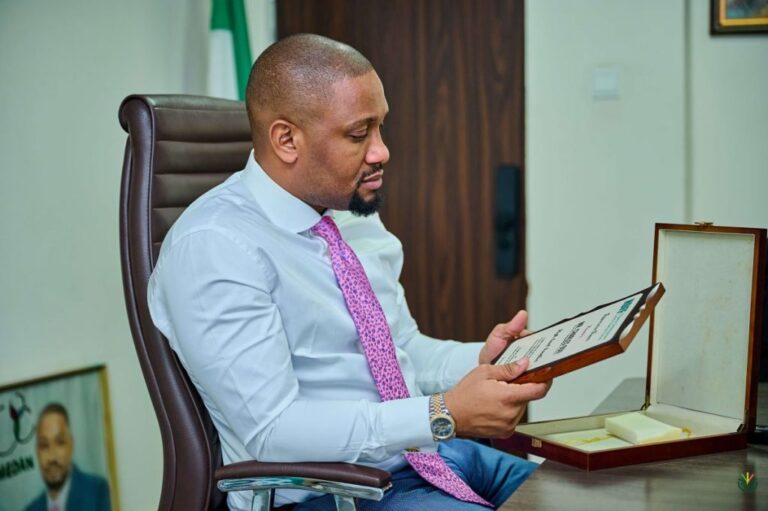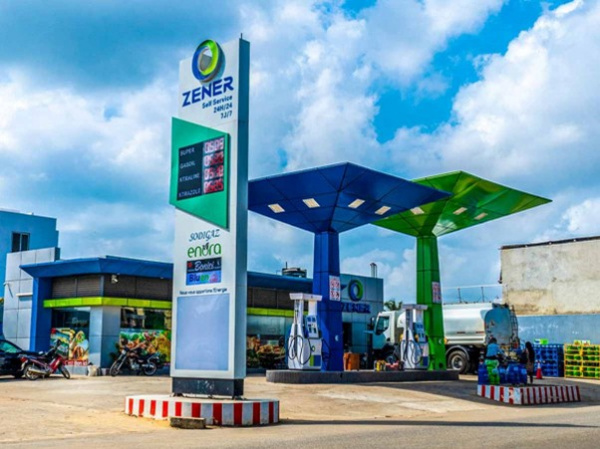As Nigeria faces economic challenges, Central Bank of Nigeria (CBN) Governor Yemi Cardoso is pivotal in the nation’s financial overhaul. Recent figures from the CBN indicate a notable reduction in Nigeria’s debt servicing costs, which fell from $540 million in January to $276 million in February 2024. This decrease reflects a potential improvement in fiscal management; however, worries remain regarding the country’s escalating debt levels and their long-term viability.
The International Monetary Fund (IMF), represented by First Deputy Managing Director Gita Gopinath, has cautiously acknowledged Nigeria’s debt situation, stating that the country’s obligations have not yet escalated to a crisis point. Nevertheless, experts express skepticism. Currently, Nigeria’s debt-to-GDP ratio is at 52.8%, alarmingly close to the World Bank’s 55% limit for developing nations. With oil revenues failing to cover increasing financial commitments, the strain on external reserves is intensifying.
Under Yemi Cardoso’s guidance, the CBN has prioritized stabilizing the naira instead of artificially propping up its value. However, the declining currency has led to significant increases in inflation, fuel prices, electricity tariffs, and transportation costs, exacerbating economic difficulties for millions of Nigerians. The latest report from the Debt Management Office (DMO) reveals that the government now dedicates N6.04 trillion—over 69% of its budget—to debt servicing, a sharp rise from just 3.58% in early 2023.
See more: Data cost surge sparks outrage in Nigeria.
Despite these financial hurdles, foreign investors are showing renewed interest in Nigeria, spurred by recent economic reforms. However, the IMF cautions that while these reforms have drawn investment, they have also intensified poverty, with nearly 100 million Nigerians now living below the poverty line. Some independent evaluations suggest this number could be as high as 140 million, highlighting the lack of a social security system as a significant contributing factor.
As Nigeria’s economic prospects remain uncertain, Yemi Cardoso is confronted with a significant challenge: Is he capable of steering the country away from its debt crisis while promoting inclusive economic development? The next few months will determine if his strategies can effectively balance financial responsibility with social cohesion.









